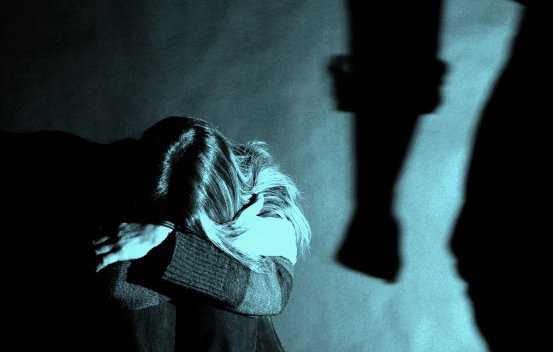By Venkatesh Agarwal-
Major Amendments
After the tragic Nirbhaya[1] incident, several problems came under the microscope and numerous changes were made in the Indian Penal Code[2] (“IPC”) in the year 2013. The 2013 Criminal Law Amendment Act came into the image that is popularly called the Nirbhaya Act. This Act introduced significant changes to the IPC in the description of ‘rape’, wherein Section 375 has been expanded to cover activities other than forcible abduction or sexual intercourse. In addition, the IPC adopted many changes, including:
- Section 166A has been added to punish public servants who refuse to register a FIR for specific crimes against women including rape;
- New proviso were introduced pursuant to section 166B, punishing those in charge of a public or private hospital for refusing to grant free medical treatment to victims of rape;
- The ambit of Section 376(2) has been expanded to cover rape perpetrated by a member of the armed forces mobilized by the Central or State Government in that area; and a special provision, i.e. 376D, has been introduced for offenses including gang rape with a higher punishment.
The other statutes, including the Code of Criminal Procedure, 1973 (“CrPC”) and the Evidence Act, 1872 (“Evidence Act”), have also been amended to bring them in line with the punishments.
In CrPC, section 154(1) that provided for recording of an FIR was amended to include that in certain offenses against women (including rape); the FIR has to be recorded by a police officer, at her residence or at place of her choice. Section 164 (5A) was added in the CrPC which made it mandatory for the Judicial Magistrate to record the statement of the victim,
In CrPC, section 154(1) which provided for the recording of a FIR has been amended to include that in certain offenses against women (including rape); the FIR has to be recorded by a police officer, at his place of residence or in the place of his choice. Section 164(5A) has been added to the CrPC, making it compulsory for the Judicial Magistrate to record the victim’s statement as soon as the authorities were informed of the execution of the crime. Furthermore, an explanation has been added to CrPC Section 197(1), which provides for the prosecution of judges and public servants.
Amendments Brought Under The Evidence Act
Section 53A has been added, deals with facts of character from previous sexual experience;
Section 144A was replaced by a new section stating that in proceedings for rape pursuant to clause (a) to (n) of section 376(2) IPC, where sexual intercourse by the accused is proven and the question is whether it was without the consent of the woman alleged to have been raped and that woman indicates in her evidence before the court that she did not consent, the court presumes that she did not consent to the violation;
The proviso of Section 146 was substituted by the new provision to say that in a rape case it is not appropriate to adduce facts or to raise concerns in the victim’s cross-examination as to the general immorality or prior sexual activity of that person with another other for the intention of demonstrating that consent or permission.
Besides the above, India’s Hon’ble Chief Justice has introduced fast-track courts to deal with these cases easily and speedily. Unfortunately, while the legislation comes with increased sentences for abuse, the National Crime Records Bureau (“NCRB”)[3] figures suggest that there has been a substantial rise in the rate of sex offenses (one of the major set-backs), towards the preventive approach, that is to say, there has been no rape-deterrent effect by our country’s law, which consequently frustrates to a large extent the purpose of criminal law in this matter.
Enactment Of The Disha Act
While inquiries into police encounters in the Hyderabad rape case continue, Andhra Pradesh’s state government has passed a new act called the Andhra Pradesh Criminal Law Amendment Act, 2019, also called the Disha Act[4], which provides for the punishment of death sentence for rape offenses where adequate conclusive evidence is available and a 21-days trial in such cases is provided. However, the Act is silent about what will be sufficient conclusive evidence to determine the actual offenders. Another highlighting aspect of the Act is that the inquiry is completed within 7 days, although the courts have to be decided in 14 days and go up to 21 days.
In one of the proceedings, Bodhisattwa Gautam vs. Subhra Chakraborty,[5] the Supreme Court said rape is not just a crime against an individual but also against the entire community. Rape kills a woman’s entire psyche and is driving her through a profound mental crisis. Only by her sheer will does she rehabilitate herself in the society that, when she becomes acquainted with the rape, looks down at her in derision and contempt.
[1] A 23 years old physiotherapy student was gang raped on a bus.
[2] Bill No. 63 of 2013
[3] National Crime Record Bureau, set up in 1986 to function as a repository of information on crime and criminals so as to assist the investigators in linking crime to the perpetrators.
[4] Section 354E IPC, 1860
[5] 1996 SCC (1) 490 by Justice Ahmad Sanghir S. and Justice Kuldip Singh

